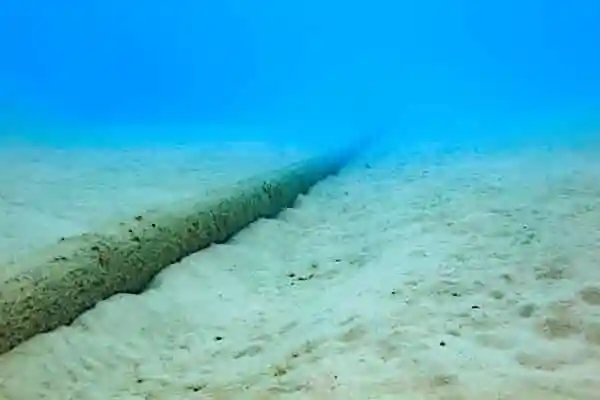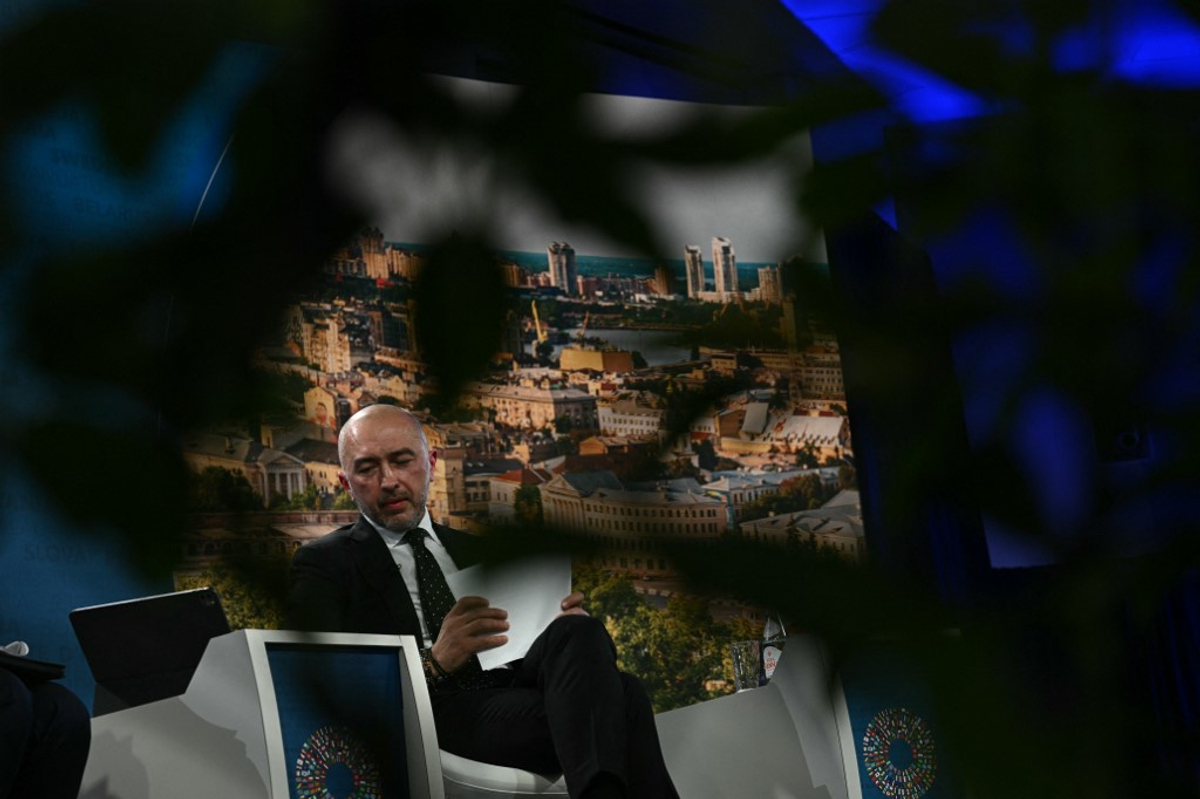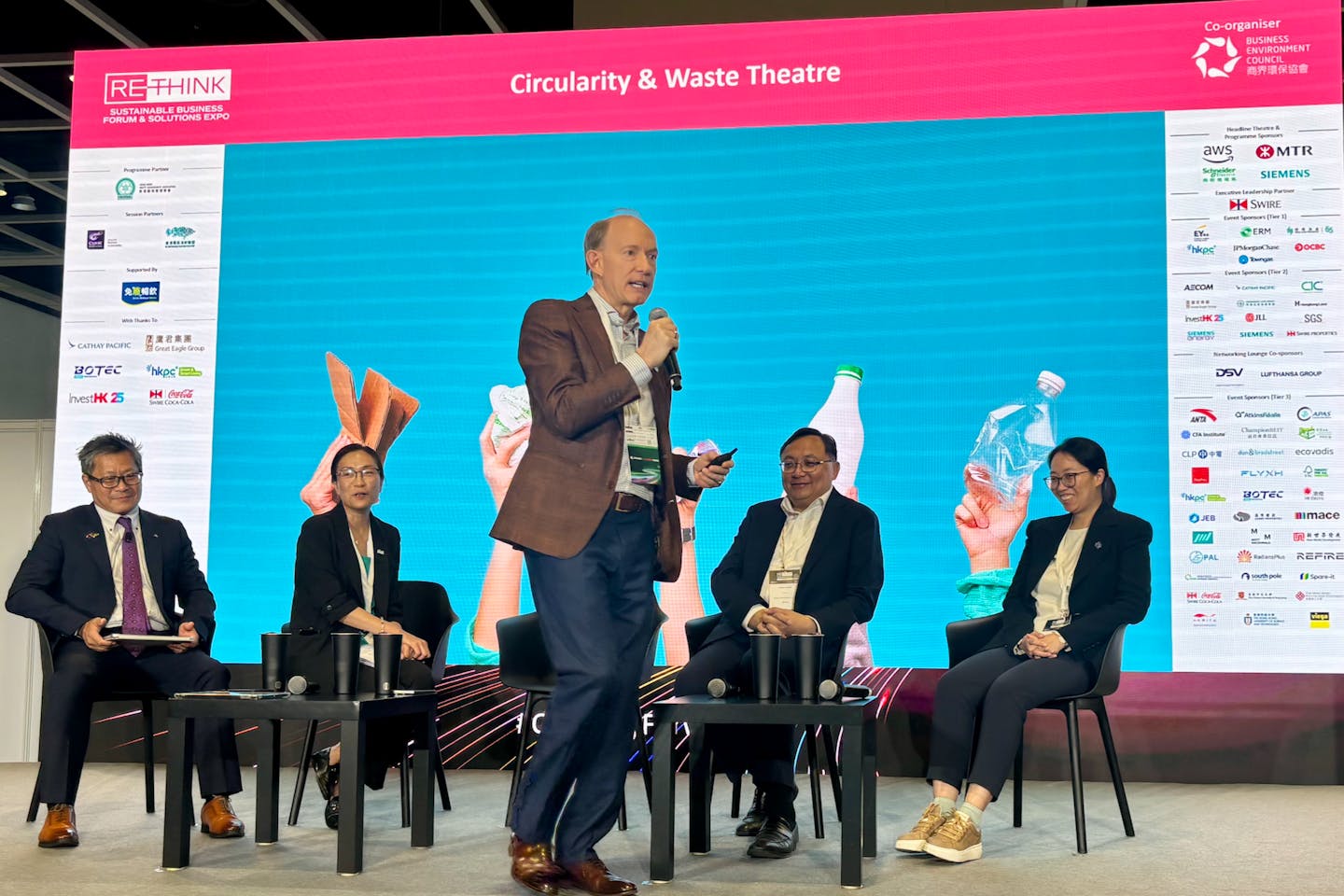By Cayman News
Copyright caymannewsservice

(CNS): Planning Minister Jay Ebanks has said that the Cayman Islands Government is engaging in a request for proposals for a partner to build another undersea communications cable to “test the waters” regarding costs for what is expected to be a very expensive project. While government claims this is a critical piece of infrastructure, others believe it is an expensive and unnecessary investment that should be funded by the private sector.
Government has remained tight-lipped about a private sector offer made to fund such a project as well as why the MAYA cable upgrade will not be sufficient to meet Cayman’s future needs.
In response to CNS questions about the recent announcement that Cabinet has approved the advancement of the project, officials from the planning ministry told us they had been advised that there was “no prospect of the private sector making a business case to construct a new subsea connection in the near term and therefore… Government intervention was essential”.
This position has been taken despite the multi-million dollar upgrade planned by Liberty Networks to the MAYA-1 cable that connects the Cayman Islands to the United States. The government has confirmed that no discussions are taking place with Seaborn Networks, which had offered to build a new cable for free in 2022.
At the time, Ebanks said that the CIG was in discussions with this company, but he has remained tight-lipped about the offer ever since.
Now government appears set to take on the very costly project using public funds, based on “extensive external expert advice… as well as consulting widely with industry”. Cabinet has concluded that an additional submarine cable connection is vital to national resilience and security.
“The analysis identified that there was no prospect of the private sector making a business case to construct a new subsea connection in the near term and therefore that Government intervention was essential. Further, a key concern raised by the external analysis was that a new connection might just result in one of the ‘old’ cables being switched off,” officials told CNS.
However, the minister has since said that the Cayman Islands will be depending on the enhanced Maya cable until the government’s project is complete and will then offer redundancy.
The government has not revealed the identity of any of the experts it has spoken with. When we asked which industry partners they are talking to, referenced in last week’s press release, officials denied having any “industry partner” but said they have had wide discussions with organisations that have expressed an interest in the project and have the potential to be an industry partner.
The ministry said it plans to run an open competitive tender process in compliance with the Procurement Act. Officials said that a private-public partnership “is expected to be significantly cheaper in terms of capital investment than if the Ministry were to construct the cable itself”, since the private sector partner would construct, operate and commercialise the new connection.
The competitive procurement process will determine the final cost to the public purse, and Ebanks has said we can expect to have an idea of the price in a few months.
However, the Office of the Auditor General has warned on a number of occasions that public-private partnerships often turn out to be far more costly that a straight contract, which means that the CIG may well be heading down a very expensive road for a cable that might be prove to be an unnecessary investment.
Speaking on Radio Cayman recently, Ebanks said the aim of the project was keeping the Cayman Islands connected to the world and providing more modern infrastructure.
Following Cabinet’s blessing, he said, “Now we can go out to an RFP… and test the waters to see what this is going to look like in the costing going forward. It is critical infrastructure to the country,” he said, as he confirmed it would be a public-private partnership.
The minister said there were no guarantees about the current cables and this project would ensure fast reliable communications for the future.



